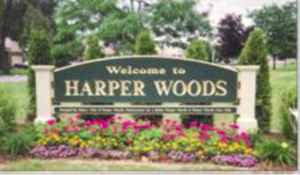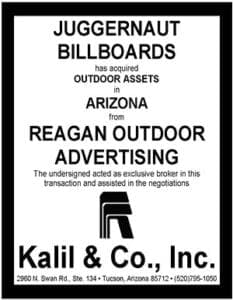 Sometimes zoning entities give no reason for denial of a sign permit in order to protect themselves from litigation. In an April 26, 2016 decision, a Michigan Court has ordered a zoning board to develop the factual record and reasoning behind a decision to deny a special billboard permit. You can read a legal analysis of the opinion here. Here’s the case.
Sometimes zoning entities give no reason for denial of a sign permit in order to protect themselves from litigation. In an April 26, 2016 decision, a Michigan Court has ordered a zoning board to develop the factual record and reasoning behind a decision to deny a special billboard permit. You can read a legal analysis of the opinion here. Here’s the case.
- International Outdoor applied for and was denied a sign permit in Harper Woods, Michigan. International wanted to build a 672 foot billboard, 70 feet tall with no setback. Harper Woods sign code specifies a maximum sign of 200 square feet, maximum height of 22 feet and minimum setback of 25 feet.
- International Outdoor then applied for a special permit from the Harper Woods Board of Zoning Appeals to build a sign that does not comply with the local sign ordinance.
- The Board of Zoning Appeals denied the special permit without providing any factual findings or reasoning for the denial.
- International Outdoor sued arguing that the Harper Woods sign ordinance was unconstitutional and that the Board of Zoning Appeals failed to provide reasoning and factual findings on the record.
- The Michigan Court of Appeals upheld the sign ordinance as constitutional but ordered the Board of Zoning Appeals to develop a record related to factual findings and reasoning for the decision to deny International’s application for a special sign permit.
Insider’s take: A pyrrhic victory for International Outdoor. The sign ordinance was upheld, but the Board of Zoning Appeals must state the facts and reasoning for why it has denied a special permit. Hard to challenge a government decision if you don’t know the reasoning and facts behind it.
Paid Advertisement

















